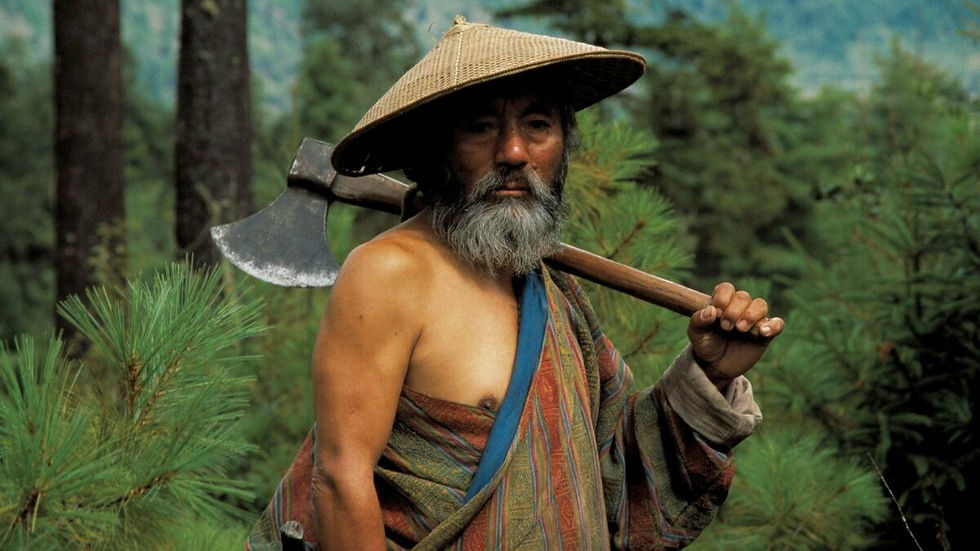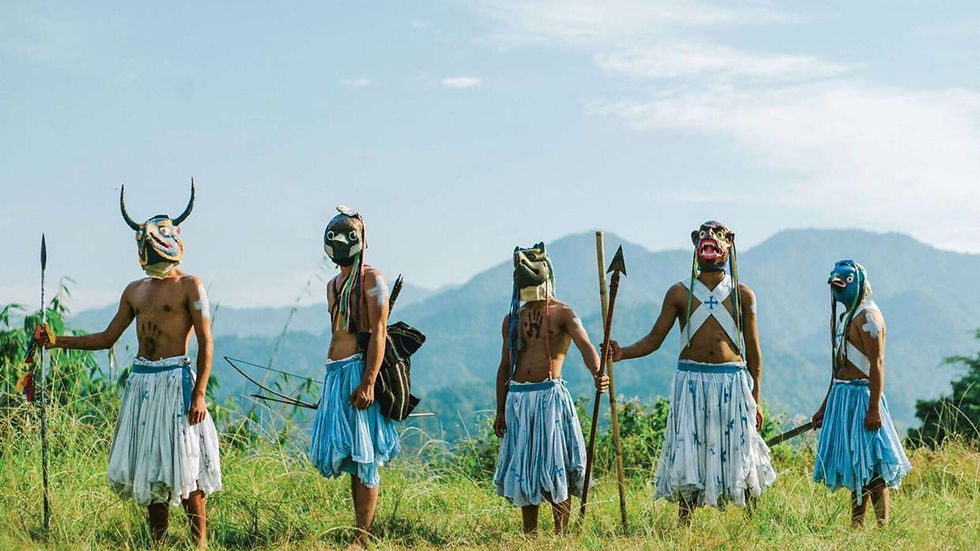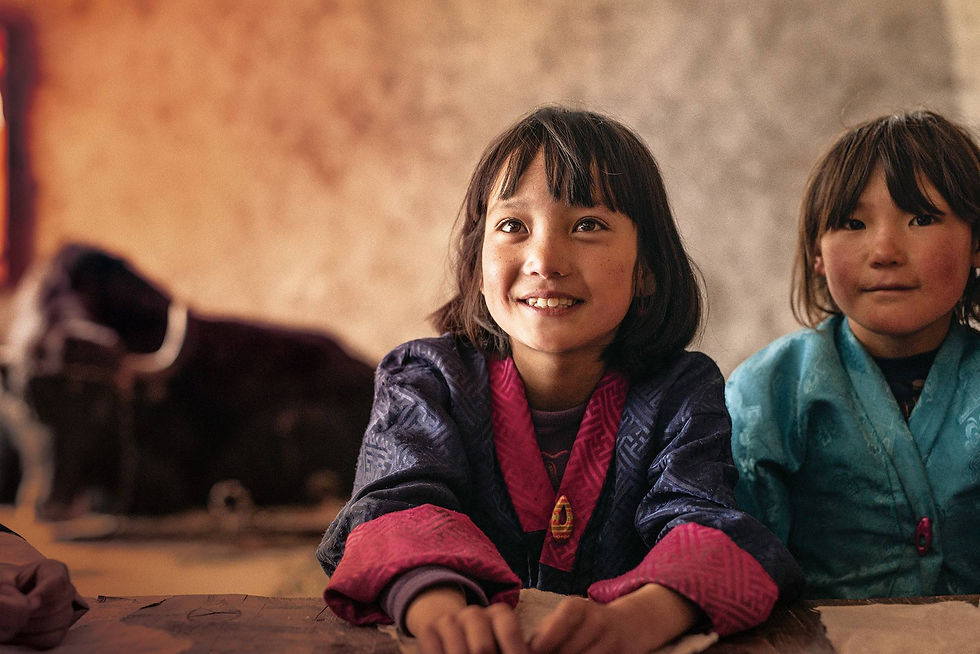Bhutan, known for its stunning scenery, friendly people and rich culture, has also been making a mark in the world of cinema. The Bhutanese film industry, though still in its early stages, is creating waves with its unique storytelling and captivating visuals. In this article, we delve into the world of Bhutanese cinema, exploring its history, the cultural significance of its films, and some must-watch movies.
A Brief History of Bhutanese Cinema
Bhutan's entry into the world of cinema began in the late 1980s, with the government's aim to promote Bhutanese culture and values through film. The first Bhutanese film, "Gasa Lamai Singye", was produced in 1989 by Director Ugyen Dorji, and since then, the industry has grown and developed into what it is today. Over the years, Bhutanese films have won several awards and accolades at international film festivals, including the Venice Film Festival, Busan International Film Festival, and more.
The Cultural Significance of Bhutanese Films
Bhutanese films are not just mere entertainment; they carry a deep cultural significance that reflects the country's rich heritage and values. The films often depict the traditional way of life, the customs and beliefs of Bhutanese society, and the unique challenges faced by its people. The films also showcase the country's stunning landscapes and natural beauty, making them a visual treat for audiences.
Must-Watch Bhutanese Films
"The Cup" (1999) - Directed by Khyentse Norbu, this film is about two young novice monks who are sent to India to watch the World Cup soccer finals. The film offers a unique glimpse into Bhutanese culture and the role of religion in society.

"Travelers and Magicians" (2003) - Directed by Khyentse Norbu, this film follows the journey of a young man who embarks on a journey through Bhutan in search of a better life. The film showcases the stunning landscapes of Bhutan and is a meditation on the meaning of happiness and contentment.

"Hema Hema: Sing Me a Song While I Wait" (2016) - Directed by Khyentse Norbu, this film is a mystical, surrealistic tale about a masked dance festival in Bhutan. The film explores themes of identity, spirituality, and the nature of reality.

"Lunana: A Yak in the Classroom" (2019) Directed by Pawo Choyning Dorji, film about a teacher named Ugyen who is assigned to teach in a remote mountain village in Bhutan, but eventually becomes beloved by the children and learns to sing a traditional song. The film was a nominee for Best International Feature Film at the 94th Academy Awards and premiered at the BFI London Film Festival.

Bhutanese cinema is still in its early stages, but its impact is far-reaching. The films offer a unique window into Bhutanese culture and values, and are a must-watch for anyone interested in the country and its people.
Questions to consider:
How do Bhutanese films reflect the country's rich heritage and values?
How have Bhutanese films evolved over the years?
What makes Bhutanese films unique compared to other regional cinemas?
Comments